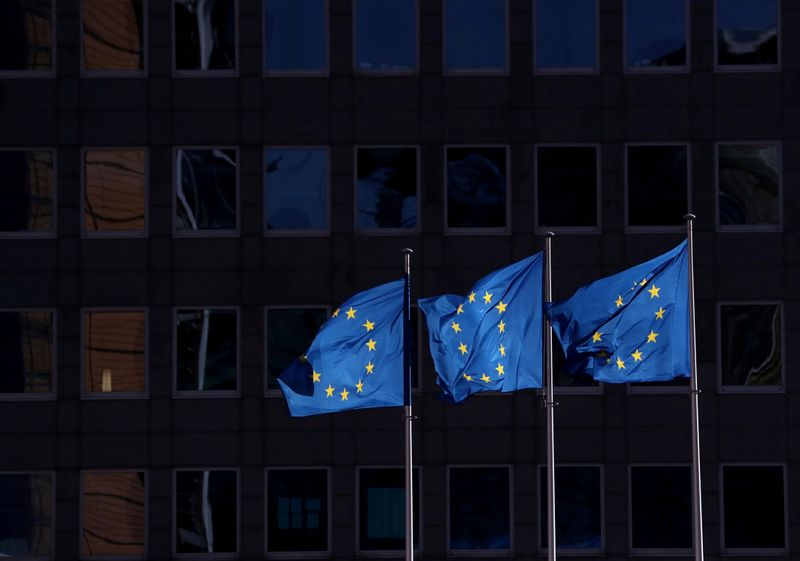
U.S. President Donald Trump signed a proclamation in January to extend tariffs of 25% on steel and 10% on aluminium to derivative products, such as steel nails and aluminium cables, because imports of the latter had increased.
These tariffs, from which Argentina, Australia, Brazil, Canada, Mexico and South Korea were exempted, came into effect on Feb. 8.
The EU is now proposing to put 20% duties on lighters and 7% on plastic fittings for furniture, as well as an additional 4.4% on playing cards in three years time. Playing cards are already subject to a 10% tariff.
The measures were designed to be proportionate and limited in scope, a Commission spokesperson said on Monday, adding the current crisis illustrated the importance of maintaining open trade and supply chains.
“In order to assist the recovery, we expect our partners to remove any unlawful duties in place, including those on steel and aluminium,” the spokesperson said.
The European Union will need to inform the World Trade Organization of its plans. The measures would then come into effect on May 8, giving a month to allow a possible negotiated solution.
EU countries and other nations, such as China and Japan, have been subject to U.S. metal tariffs based on national security since 2018.
For EU producers, that meant tariffs on an annual 6.4 billion euros ($6.9 billion) of exports, which led the bloc to impose its own tariffs on 2.8 billion euros of U.S. imports, including sweet corn, peanuts, bourbon, jeans and motor-bikes.
The extended U.S. measures affect a far smaller amount of about 40 million euros of EU exports.



